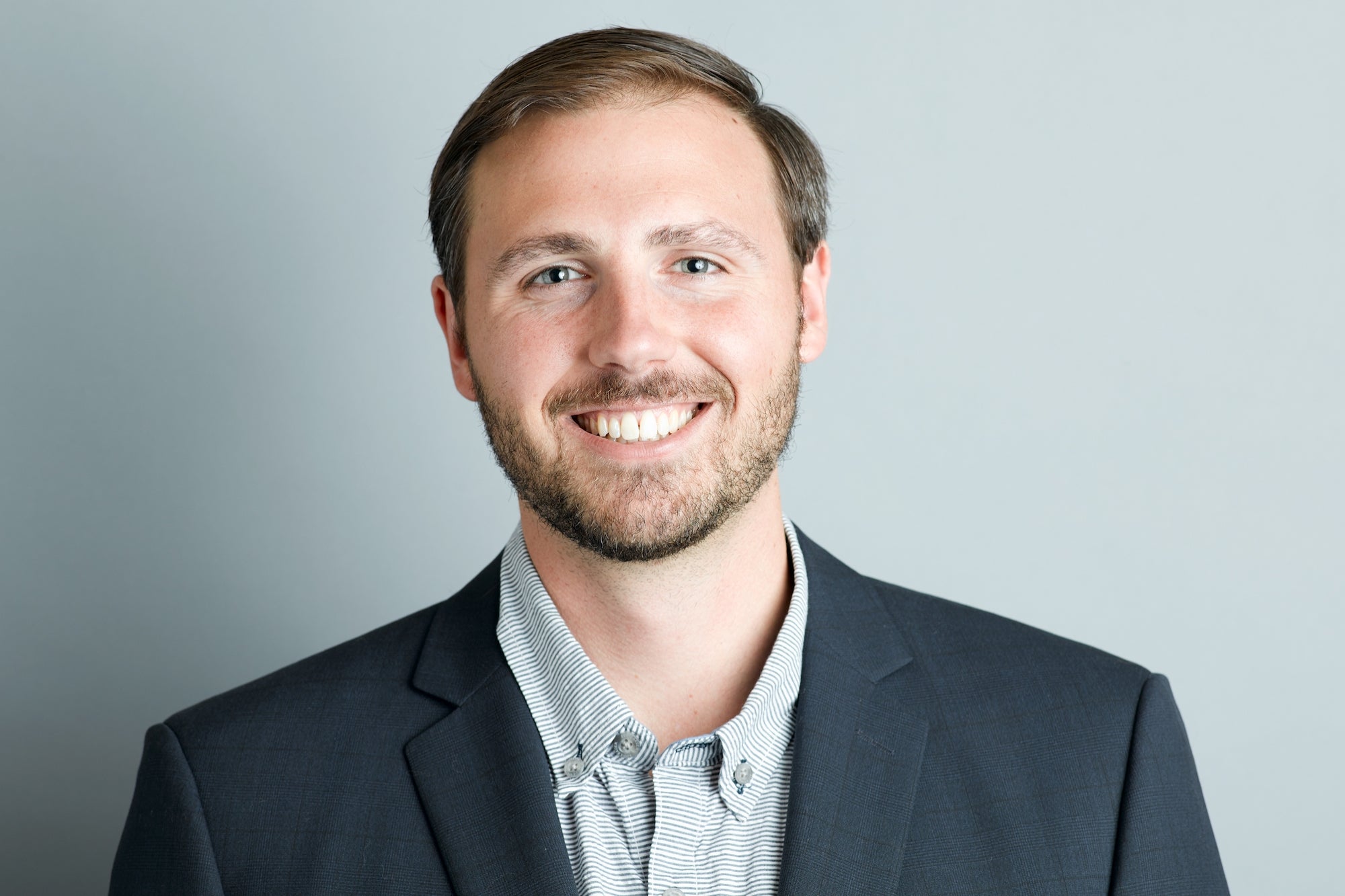Personal Chef
Startup Costs: Under $2,000
Home Based: Can be operated from home.
Part Time: Can be operated part-time.
Franchises Available? Yes
Online Operation? Yes
THE BRIEF:
Take your pots and pans, cooking skills and love of food and hit the road as a personal chef for hire. Prepare gourmet meals for busy professionals, people hosting house parties, small special occasions such as birthdays or anniversaries and for corporate luncheons; basically, anywhere there is a kitchen you can use for your chef service. Personal chefs are becoming a popular alternative for people that don't have the budget for a full-scale catered event or for people that hosting small events that don't require complete catering services. The advantages for starting this type of unique service are apparent: low overhead, low startup costs and part-time operating hours. This is the type of business that can easily be supported by word-of-mouth referrals and repeat business once established, leading to a full-time, profitable business venture.
ASK THE PROS:
How much money can you make?
Typically, chef rates are quoted on each job and vary on factors such as the supply of food and the type of menu requested. However, on average, personal chefs generally earn in the range of $15 to $50 per hour.
"I never recommend charging hourly for your services as an entrepreneur. A flat fee, mine starts at $350 + groceries, is best. When you’re first starting out you may want to do a few jobs at a discounted rate to get experience, testimonials, and referrals."—Jenné Claiborne
What kind of experience do you need to have?
"It depends on your skill level in the kitchen. If you have the money to invest, and if it will give you the confidence you need to start working professionally, [go to culinary school]. It is not necessary to go to culinary school to become a professional chef. Instead of going to culinary school I invested in the year long nutrition course at the Institute for Integrative Nutrition (IIN). I did want some sort of education around food and its effect on the body, and IIN was the perfect program. It gave me the skills I needed to build menus for clients based on their health concerns and goals."—Jenné Claiborne
What’s the most important thing to know about this business?
"The first step is figuring out who your ideal client is. For example, say my ideal client is a wealthy working mother of two on the Upper East Side of Manhattan who is interested in health and fitness for herself and her family. That description gives me a lot of clues about where I could find a person like that. I could arrange cooking demos or samplings at some yoga studios in that neighborhood, I could become a referral partner with a doctor’s office and offer their patients discounts, I could offer discounts to Parent Teacher Associations at schools in the area, or simply leave my cards/flyers at local salons. Finding your first client is the hardest, but once you have them you’ll start getting more -- often through referrals."—Jenné ClaibornePersonal Chef Ideas
Specialty Sauces
Help eateries spice up their menus with some extra condiments.
Coffee Service
Help employers keep their employees happy with a coffee service.
Popcorn Cart
This concessions idea will keep hungry customers coming back for more.
More from Business Ideas
This Dad Started a Side Hustle to Save for His Daughter's College Fund — Then It Earned $1 Million and Caught Apple's Attention
In 2015, Greg Kerr, now owner of Alchemy Merch, was working as musician when he noticed a lucrative opportunity.
These Coworkers-Turned-Friends Started a Side Hustle on Amazon — Now It's a 'Full Hustle' Earning Over $20 Million a Year: 'Jump in With Both Feet'
Achal Patel and Russell Gong met at a large consulting firm and "bonded over a shared vision to create a mission-led company."
Their 'Magic Internet Money' Side Hustle Just Hit $1 Billion in Sales: 'We'd Empty 6 Figures of Cash Onto the Counter. The Bank Teller's Expressions Were Priceless.'
Inspired by the concept of decentralized money, Neil Bergquist and Michael Smyers came up with a lucrative idea they believed "would nearly run" itself.





